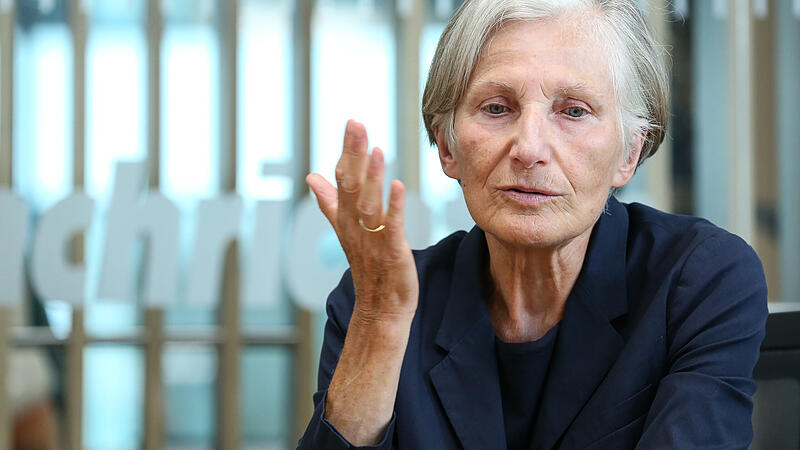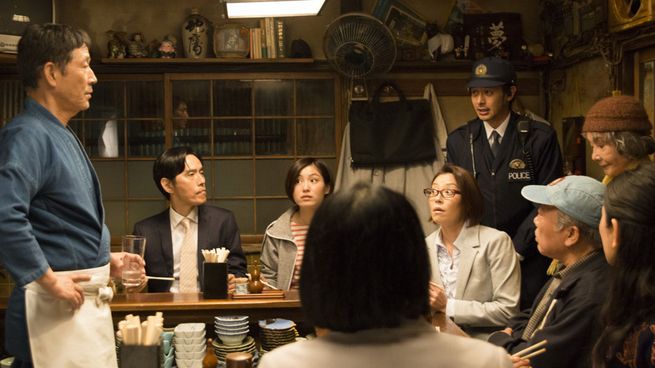The Administrative Court has now determined that the child’s well-being, “which is always to be given priority”, is stronger than the misconduct of the parents, Griss explained on Wednesday in the Ö1 “Morgenjournal”.
On Tuesday it became known that the VwGH had rejected the appeal by the Federal Office for Immigration and Asylum (BFA) in the Tina case. The BFA had contested a decision by the Federal Administrative Court that the controversial deportation was unlawful. The VwGH has now followed the view, among other things, that Tina’s birth in Austria and the excellent – also school – integration are of particular importance and that the deportation in January 2021 was to be qualified as disproportionate. The Supreme Court also referred to the fact that a separation of the family would not have been permissible. It is therefore legally compliant that the Federal Administrative Court also declared the deportation of the then five-year-old sister and mother to be unlawful.
This video is disabled
Please activate the categories Performance Cookies and Functional cookies in your cookie settings to view this item. My cookie settings
The judgment says very clearly that there can be cases in which the parents “have acted in an abusive manner”, but “nevertheless, the consideration of the child’s well-being leads to the family being allowed to stay in Austria,” said Griss. Before the deportation, it should have been checked again how this deportation would affect the children and Tina, explained the former supreme judge. “Before a deportation, you will have to check again whether such a deportation would not harm the well-being of the child,” Griss sees as a trend-setting decision. In order to ensure that the well-being of the child, which is enshrined in the constitution, is always given priority, “it would make sense if this were also expressly stipulated in the asylum law,” demanded Griss.
The girl’s lawyer, Wilfried Embacher, said in the ORF “ZiB2” on Tuesday evening that for Tina’s sister and mother, the judgment meant that they could now enter Austria without any problems and would have to get a residence permit. The lawyer conceded that the judgment does not make any fundamental provision for the judiciary. However, Embacher is convinced that there is “a line to be drawn”. “The breakthrough of children’s rights is perhaps not so much to be seen in this individual case decision as a model for other cases, but rather in secondary aspects, for example that the behavior of the parents should not be weighted so heavily. That is certainly a fundamental decision, which will also be decisive in other cases in the future.” It is now quite clear that what has been in the Federal Constitutional Law on the rights of children for a long time, “but has actually been given too little attention in practice” is to be given priority.
BFA: “No immediate impact”
The Federal Office for Aliens and Asylum (BFA), on the other hand, emphasized in a written statement that the VwGH’s decision had “no immediate effects”. The VwGH had “made a purely procedural, no substantive decision” on the return decision. In the present case, the supreme court had come to the conclusion “that the BVwG finding was not unacceptable”. However, the VwGH also stated that the Federal Administrative Court “in view of the mother’s continued massive misconduct under alien law could have come to a different conclusion,” according to the BFA’s statement.
The deportation of Tina and her family to Georgia caused a stir and was met with protests – including sit-ins in front of the family deportation center. In December 2021, Tina returned to Vienna and later received a student visa. Since her return to Vienna she has been living with a host family.
In the office of the then Minister of the Interior and now Chancellor Karl Nehammer (ÖVP), reference was only made to the statement by the Ministry of the Interior.
Source: Nachrichten




